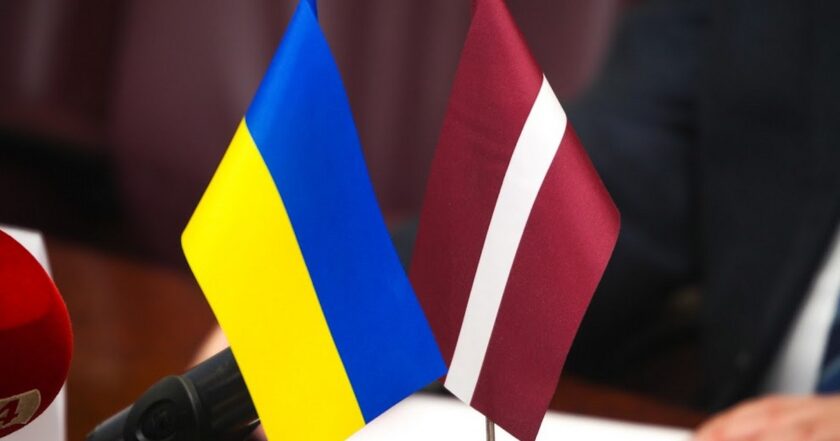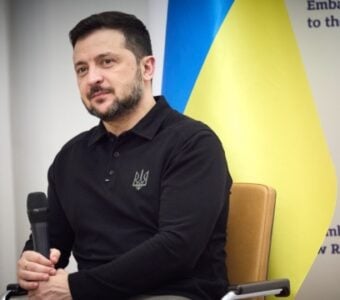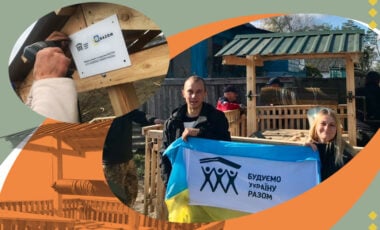Latvia states helping Ukraine is its moral duty

Latvian Defense Minister Artis Pabriks said that Latvia saw it as its moral duty to help Ukraine in the face of the threat of Russian aggression and therefore would provide weapons, but had no plans to send troops for several reasons.
He said this in an interview with Ceske Radio, quoted by iRozhlas, during his visit to the Czech Republic.
To recap, in response to Russia's aggressive actions, Latvia, Lithuania, and Estonia decided to provide Ukraine with Stinger anti-aircraft missiles and Javelin anti-tank missiles.
When asked whether these Latvian weapons were already in Ukraine, the minister said that the Stingers and other weapons would be sent in the coming weeks.
"We firmly believe that helping the country and its people to defend themselves is our moral duty. Ukrainians do not threaten anyone, but their country and their freedoms are under threat. We know from our own past how important it is to protect our values and freedom, and we do not want to see Ukraine left defenseless in the event of an attack," Artis Pabriks said.
He noted that there is a consensus among the Baltic states on assistance to Ukraine. "I would like to call on other members of the EU and NATO to do the same. Because I repeat, it is our moral duty," the minister said.
The Minister reminded that it was not the first aid from Latvia; the country has provided about 500 thousand tons of humanitarian aid, also helped to create a chaplaincy service in the army and some other projects, but it was still humanitarian.
Artis Pabriks noted that Latvia did not plan to send troops to Ukraine and there were several reasons for this.
"Firstly, there was no official request from the Ukrainian side. Secondly, we in NATO could not take such steps without discussing them with other allies. It could have different consequences. And thirdly, we not such a big country that it would change anything significantly," the defense minister explained.
He noted that Latvia was in constant contact with NATO and US allies and was assured that the US-Russia talks adhere to the principle of "nothing about us without us."
"We remember the bitter lesson of Czechoslovakia in 1938. We don't need any 'Munich conspiracy' against Ukraine. Unfortunately, the Kremlin is still living in the realities of the past, when such decisions were not unusual," said Artis Pabriks.
When asked whether he would like a greater NATO presence in the Baltic states, the minister said it was necessary if the threat from Russia or Belarus continues to grow.
"We have already informed the allies in Brussels and Washington that in this case, we would need immediate help. This means not only an increase in the allied contingent but also more funding or the opportunity to obtain additional weapons for our military," he said.




















































